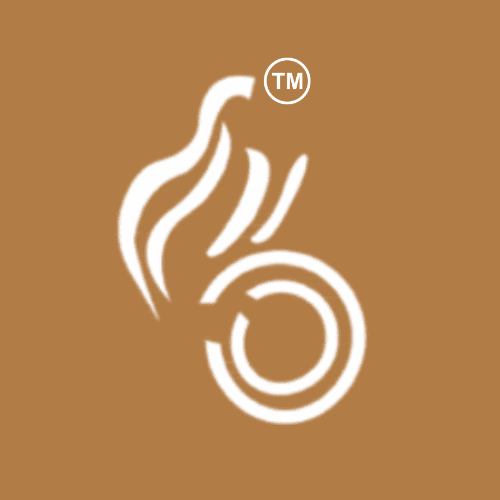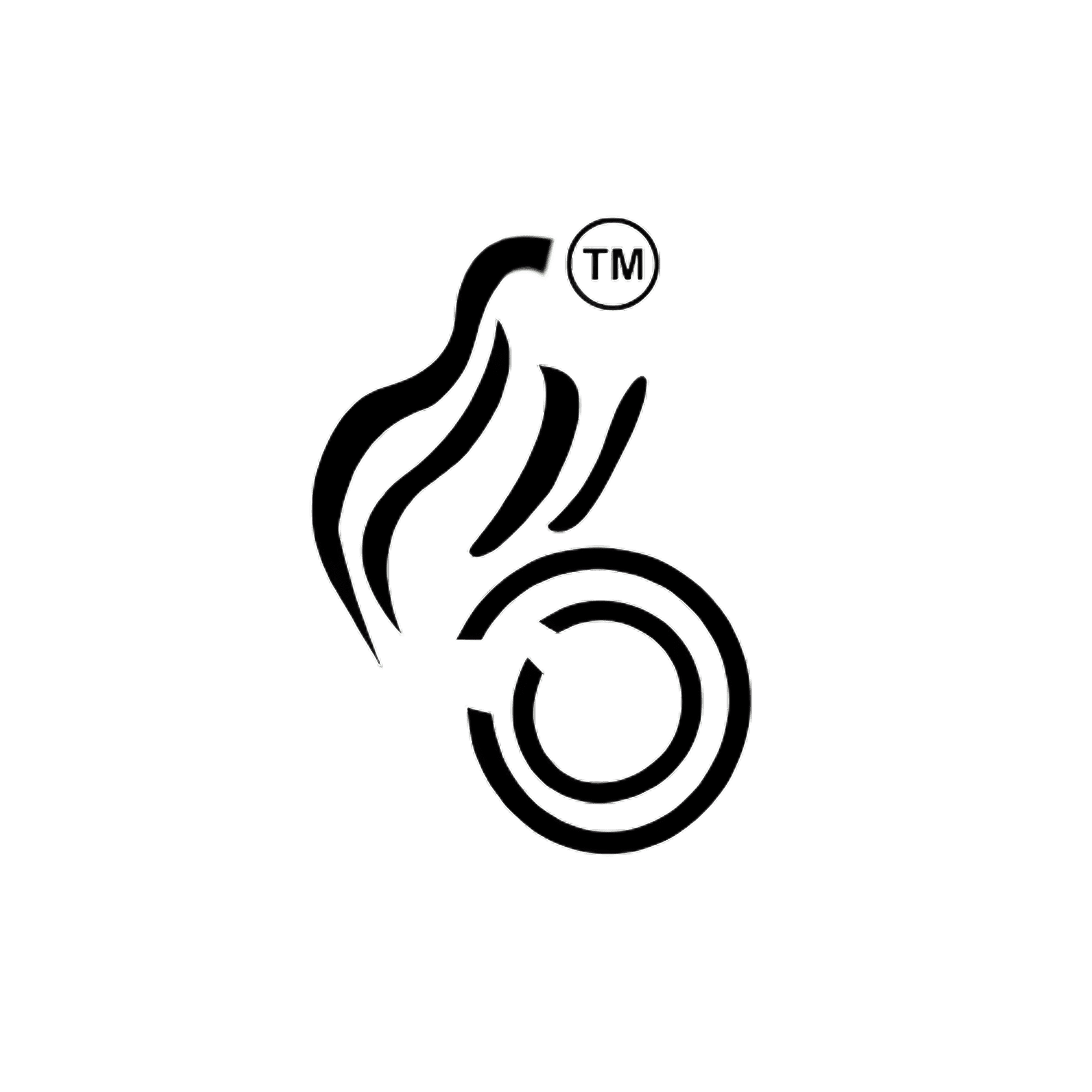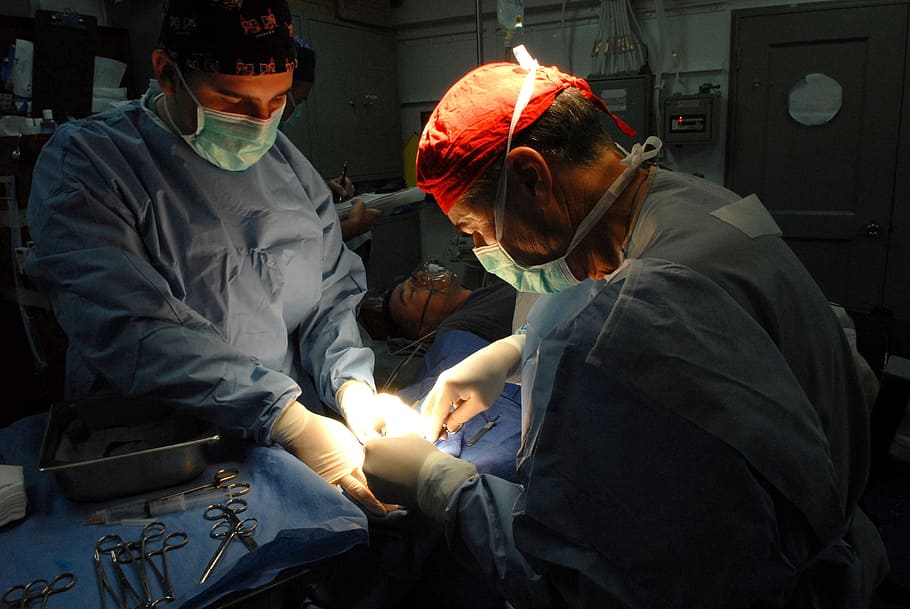Medical malpractice, also known as medical negligence, occurs when a healthcare professional fails to provide the standard of care that a reasonable person would expect in similar circumstances, resulting in injury or harm to the patient. Medical malpractice cases can be complex and challenging, requiring specialised knowledge and expertise in both medicine and law.
A patient who has suffered harm due to medical malpractice may be entitled to compensation for their damages, but navigating the legal system can be daunting without the assistance of an experienced medical malpractice lawyer.
In this article, we will explore the basics of medical malpractice, including types of medical malpractice, how to prove a medical malpractice case, and the importance of hiring a medical malpractice lawyer to protect your rights and interests.
Thousands of patients are impacted by medical negligence each year, which is a severe problem. Patients may experience severe harm, impairment, or even death when healthcare personnel fall short of the professional standard of care anticipated in their field.
For patients and their families, the effects of medical negligence can be devastating, resulting in physical, emotional, and financial hardship. The numerous types of medical negligence will be covered in this article along with the victims’ legal rights and alternatives.
Misdiagnosis
A common example of medical negligence is when a medical professional incorrectly identifies a condition or fails to do so. Ineffective or delayed treatment due to a misdiagnosis could have serious adverse repercussions on the patient.
An inaccurate diagnosis, for instance, could prevent a cancer patient from receiving early treatment, worsening their condition and lowering their chance of life.
Misdiagnosis can occur for a number of reasons, such as when the wrong tests are ordered, when test results are misinterpreted, or when all possible diagnoses are not thoroughly explored.
Surgical Errors
Another prominent sort of medical negligence that can have devastating repercussions for patients is surgical blunders.
Surgical errors happen when a medical professional makes a mistake during surgery, such as utilising the incorrect technique, leaving equipment within the patient, or harming nearby tissues or organs.
Serious injury from surgical mistakes might include infection, disability, or even death. Surgical error victims could need additional operations or medical care to fix the problem, which can be expensive and time-consuming.
Medication Errors
 Medical misconduct often involves medication mistakes. They happen when a doctor prescribes the incorrect drug or dosage, disregards a patient’s allergies or other medications, or mishandles the medication’s administration.
Medical misconduct often involves medication mistakes. They happen when a doctor prescribes the incorrect drug or dosage, disregards a patient’s allergies or other medications, or mishandles the medication’s administration.
Negative responses, toxicity, or even death are possible outcomes of medication errors. It may be necessary for victims of prescription err
ors to receive hospitalisation or emergency medical care, which can be physically and financially taxing.
Birth Injuries
Birth injuries are a type of medical malpractice that can occur during delivery. Birth injuries can cause serious harm or disability for the newborn, including conditions such as cerebral palsy, Erb’s palsy, or brachial plexus injuries.
Reasons for birth injuries can include failure to properly monitor the baby’s vital signs, improper use of delivery instruments, or failure to perform a timely C-section. Birth injuries can be emotionally and financially draining for families, who may require ongoing medical care and support for their child.
Anaesthesia Errors
Another sort of medical negligence that can happen during the delivery of anaesthesia is anaesthetic mistakes. The administration of too much or too little anaesthetic, improper monitoring of the patient’s vital signs, and giving anaesthesia to a patient with known allergies or other medical issues are all examples of anaesthesia blunders.
Errors in anaesthesia can cause the patient great pain or even death. Anaesthesia mistakes can result in victims needing hospitalisation or emergency medical care, which can be physically and financially taxing.
Hospital Negligence
When a hospital or healthcare facility fails to provide a patient with the necessary level of care, this is referred to as hospital negligence and is a form of scientific malpractice. Hospital negligence can manifest itself in a variety of different ways such as inadequate supervision or care, incorrect diagnosis or treatment of a patient, and poor tool or area sanitisation.
Serious injuries or fatalities could result from hospital negligence for the patients involved. The additional therapy or hospital stay that may be necessary for patients who are the victims of medical malpractice can be expensive and time-consuming.
Nursing Home Abuse
Elderly or fragile patients who are mistreated or neglected in nursing homes or other care facilities constitute a sort of medical malpractice known as nursing home abuse. Abuse in a nursing home may take many various the form and shapes such as financial exploitation, neglect, or physical or emotional abuse.
Nursing home abuse can have catastrophic consequences can sometimes be perpetrated by staff or management alike, including injury, incapacity, or death. Nursing home abuse victims may need therapy or medical care to heal from the abuse, as well as legal action to hold the facility or caregivers accountable.
Proving Medical Negligence


- Duty of care: The responsibility of the medical professional to provide a certain standard of care to the patient, based on the medical profession’s accepted standards of practice.
- Breach of duty: Occurs when the medical professional fails to provide the required standard of care, either by an act or omission.
- Causation: There must be a link between the breach of duty and the harm suffered by the patient. This means that the breach of duty must have directly caused or contributed to the patient’s injury or harm.
- Damages: Refers to the harm that the patient has suffered as a result of the medical professional’s breach of duty. This can include physical, emotional, and financial damages.
It’s important to note that proving each of these elements requires strong evidence, such as medical records, witness statements, and expert testimony. If you believe that you or a loved one has been a victim of medical negligence, it is important to seek the advice of an experienced medical negligence lawyer who can help you navigate the legal process and gather the evidence needed to support your claim.
Expert testimony is often the most crucial form of evidence in medical negligence cases, as experts can provide insight into the appropriate standard of care and whether it was met in the specific case.
Medical records can provide important information about the treatment that the patient received, including any mistakes or oversights. Witness statements can provide additional context about the treatment and any interactions between the patient and the medical professional.
Conclusion
In conclusion, medical malpractice is a complex and challenging area of law that requires specialised knowledge and expertise. Patients who have suffered harm due to medical malpractice deserve justice and compensation for their damages. If you or a loved one has been a victim of medical malpractice, it is crucial to seek the assistance of an experienced medical malpractice lawyer who can help you navigate the legal system and protect your rights and interests. At Siyamthanda Buku Attorneys Incorporated, we believe that every patient has the right to quality medical care, and if that right has been violated, we will fight to ensure that justice is served. Contact us today to schedule a consultation with one of our experienced medical malpractice lawyers. With the right legal representation, you can hold negligent healthcare professionals accountable and obtain the compensation you deserve. Remember, you have the right to quality medical care, and if that right has been violated, you have the right to seek justice.


